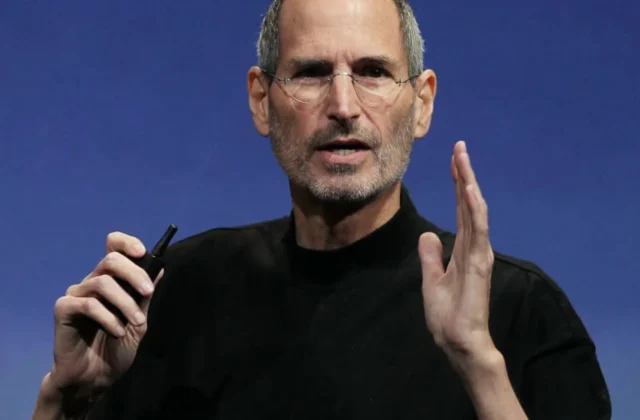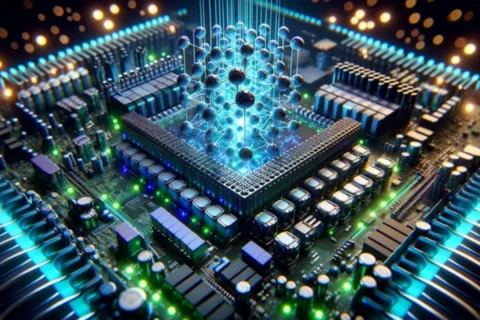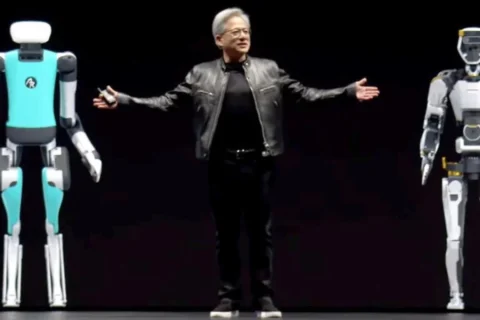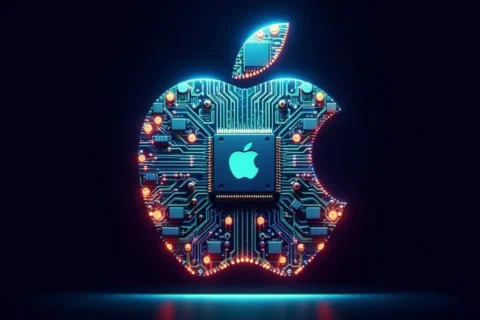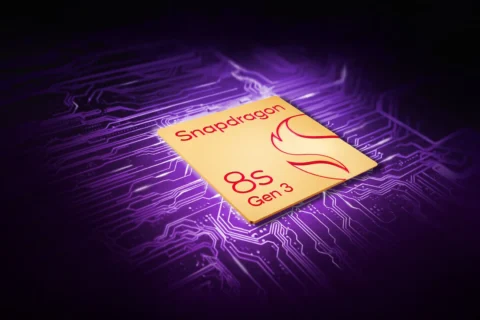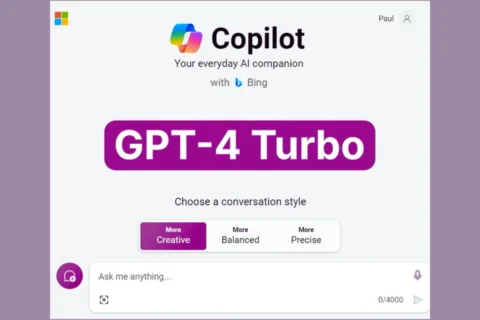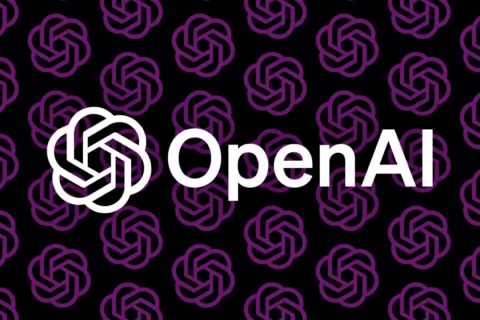Meta CEO Mark Zuckerberg, the leader of a significant AI research endeavor, aims to expand it even further.
In an announcement on Thursday, Zuckerberg shared that Meta is advancing its efforts to address not only artificial intelligence but also artificial general intelligence. While AI and AGI are already vague terms, the essence of Zuckerberg’s vision is to create highly intelligent computing systems capable of matching human cognitive functions such as learning, reasoning, planning, creating, and retaining information.
This objective makes sense for a tech giant aspiring to shape the trajectory of computing, attract top-notch research talent, and satisfy restless shareholders. However, for everyday individuals like you and me, this doesn’t necessarily imply having a super-smart bot offering guidance through our smart glasses in the near future.
Present-day AI, though captivating for computer scientists and the general public, hasn’t triggered a revolution yet. It struggles to discern concrete facts from imaginative ideas. Despite its advancements, it still lags significantly behind AGI, which primarily exists in the realm of research and speculation.
But Zuckerberg remains undeterred in his pursuit.
He is earnest about this, mentioning that Meta will possess 350,000 high-end Nvidia GPUs by the end of the year — the premier AI processor, each costing around $30,000. Including other GPUs, this will deliver processing power equivalent to 600,000 H100s, enticing AI researchers with a significant incentive.
As he advocates for a metaverse blending virtual and real worlds, Zuckerberg proposes that wearable devices like Meta’s Ray-Ban smart glasses could serve as an ideal interface, allowing AI to perceive your surroundings and assist you in navigating reality.
Current AI, exemplified by large language models (LLMs) such as OpenAI’s GPT, Google’s Gemini, Anthropic’s Claude, and Facebook’s Llama, discern relationships among words in extensive text sources like forum posts, books, and news articles. These generative AIs can provide answers to various questions and refine your job application responses. However, despite sounding plausible, they lack genuine knowledge.
In contrast, AGI is more akin to human brains. With consistent computing advancements, achieving AGI could potentially lead to superhuman intelligence.
While OpenAI and Google’s DeepMind are actively pursuing AGI, Zuckerberg envisions Meta as the company that brings it to fruition. To realize this, he has merged Meta’s two AI research teams: the traditional FAIR effort and the modern generative AI team behind Llama.
While some, like Facebook’s Yann LeCun, argue that sophisticated training processes can embed a representation of the real world into an AI model, others are exploring richer training data to capture our environment more comprehensively.
While LLMs are trained on text, newer “multimodal” AI models, like Google’s Gemini, incorporate video, photos, audio, and other data sources. Elon Musk believes Tesla’s humanoid robots will provide valuable video training data as they navigate the real world.
However, richer training data only goes so far if AIs still struggle with fundamental issues like generating actions based on statistically plausible but incorrect interpretations of a situation. Many researchers believe advancing beyond today’s AI is necessary to achieve AGI.
The debate also extends to whether pursuing AGI is a wise idea. Regulators, ethicists, and computer scientists are engaged in discussions, but reaching a consensus on how to govern AGI-endowed machines or align them with human welfare remains speculative.
Zuckerberg assures that Meta’s AI efforts are proceeding cautiously, emphasizing responsibility and safety in training Llama 3 LLM. This assurance is crucial given AI’s potential impact and the challenges humanity faces with issues like privacy erosion, social media disinformation, and identity theft. With Meta’s AGI plans in the pipeline, Zuckerberg’s early disclosure offers some time for contemplation and preparation.
Thank you for taking the time to read the entire article! Our goal is to deliver the latest and trending news of the world. Stay connected with us to stay informed about the most recent trends.


